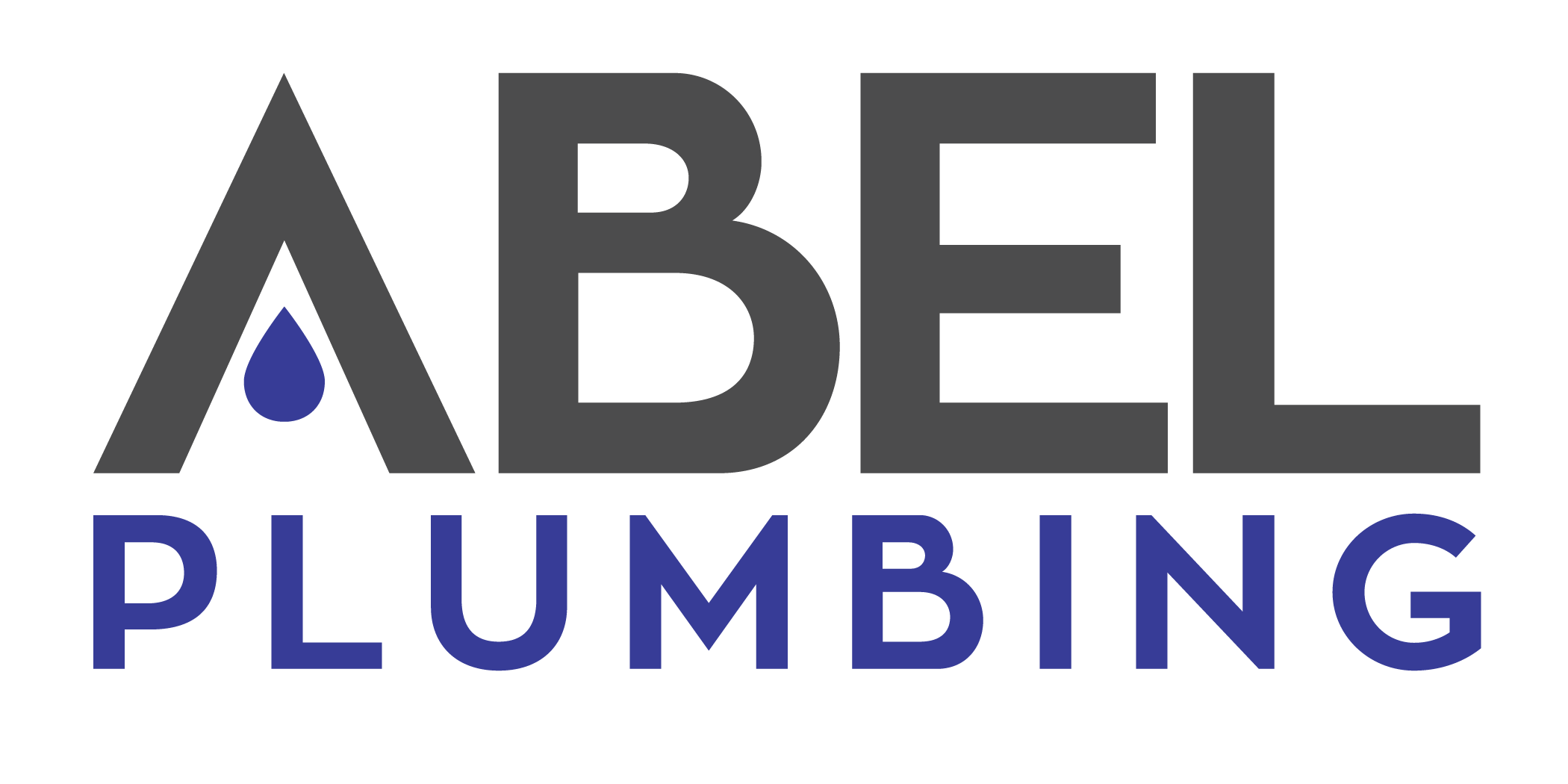3 Reasons to Consider a Water Softener for Your House.
Have you ever noticed white chalky spots around the faucets or drains that are difficult to clean? What about soap scum that builds up in the bathtub a little too quickly? This is likely the result of hard water, a problem affecting the plumbing supplies of many people in our area.
What Is Hard Water?
It turns out that most water supplies—about 85% of water supplies throughout the country—have a high mineral content. This is called hard water, an excess of minerals like calcium and magnesium. And these deposits get left behind in pipes, around fixtures, and in appliances like your water heater. This is called scaling.
How Does Hard Water Affect Your Plumbing?
Hard water is not typically harmful to your health. However, your plumbing system is at risk, since scaling can do permanent damage. In a water heater tank, for example, the mineral deposits can wear away the lining of the tank and speed up the rate of corrosion. Sediment can block the intake pipe for a washing machine, and it can even damage your coffee maker.
The biggest risk is to your pipes. Scaling within the pipes can cause a thick layer of buildup that does not allow for water to flow through the pipes. That means reduced water pressure and, eventually, the early demise of your pipes.
What you can do…
Hard water cannot be solved with a pitcher you keep in the fridge or a filter on your faucet—because the problem is within the pipes. The best solution is a whole-house water softener. This type of system replaces hard water minerals with salt, which you will need to refill every once in a while.
Abel Plumbing offers Water Softener and Water Conditioning Services to the Twin Cities Western Metro Area. Read more about the benefits of a water softener here.

